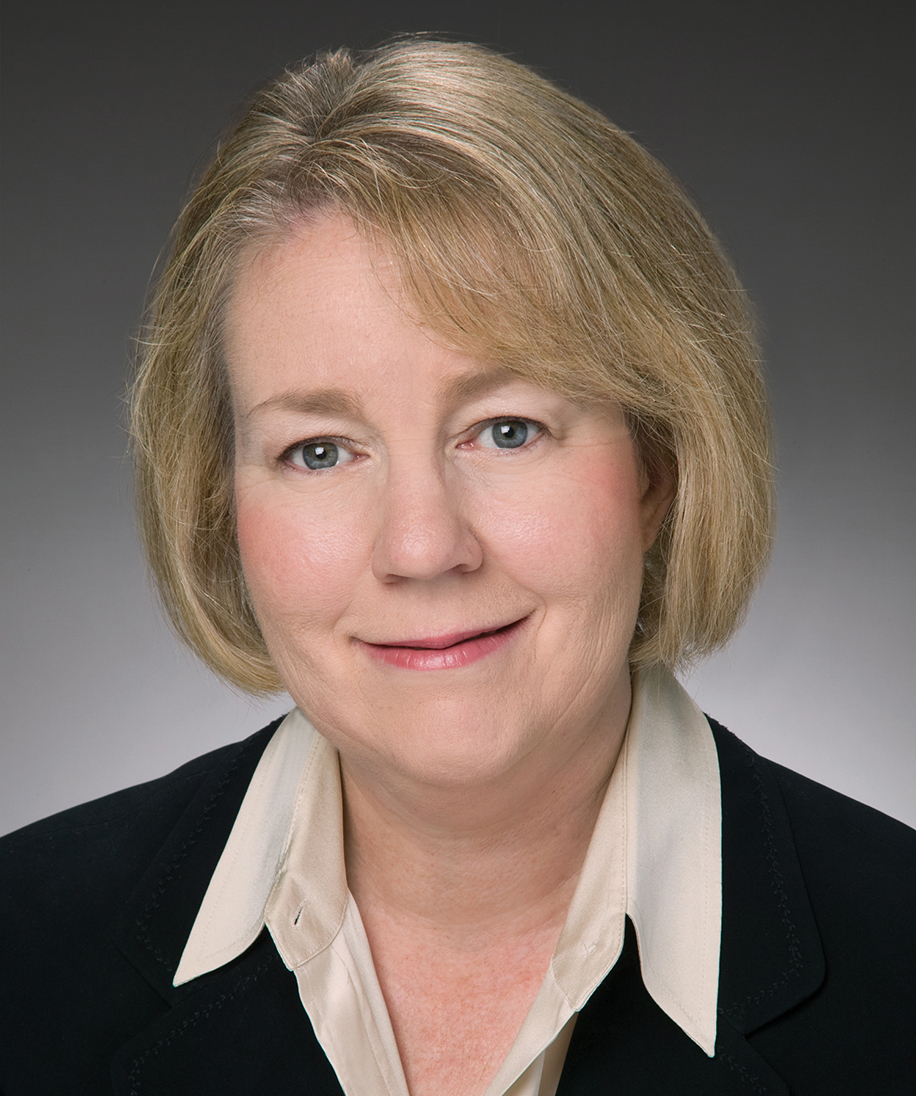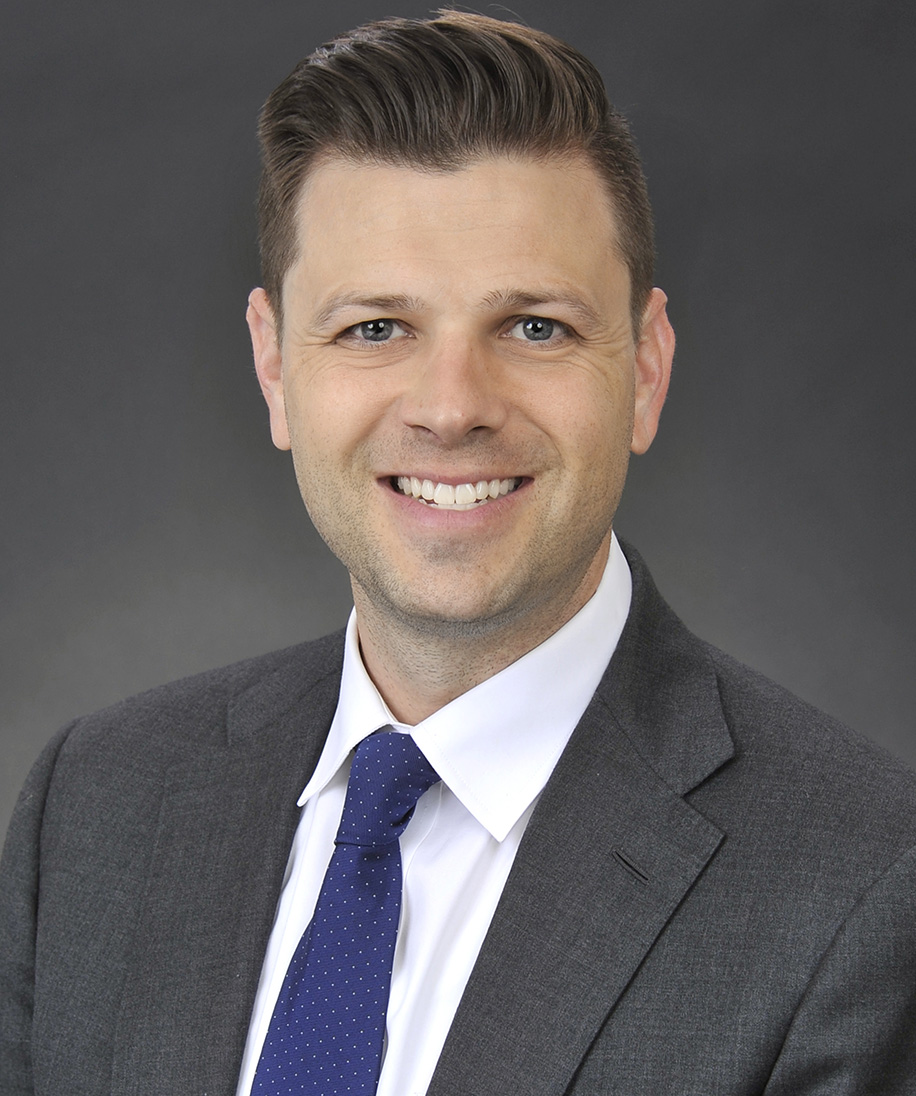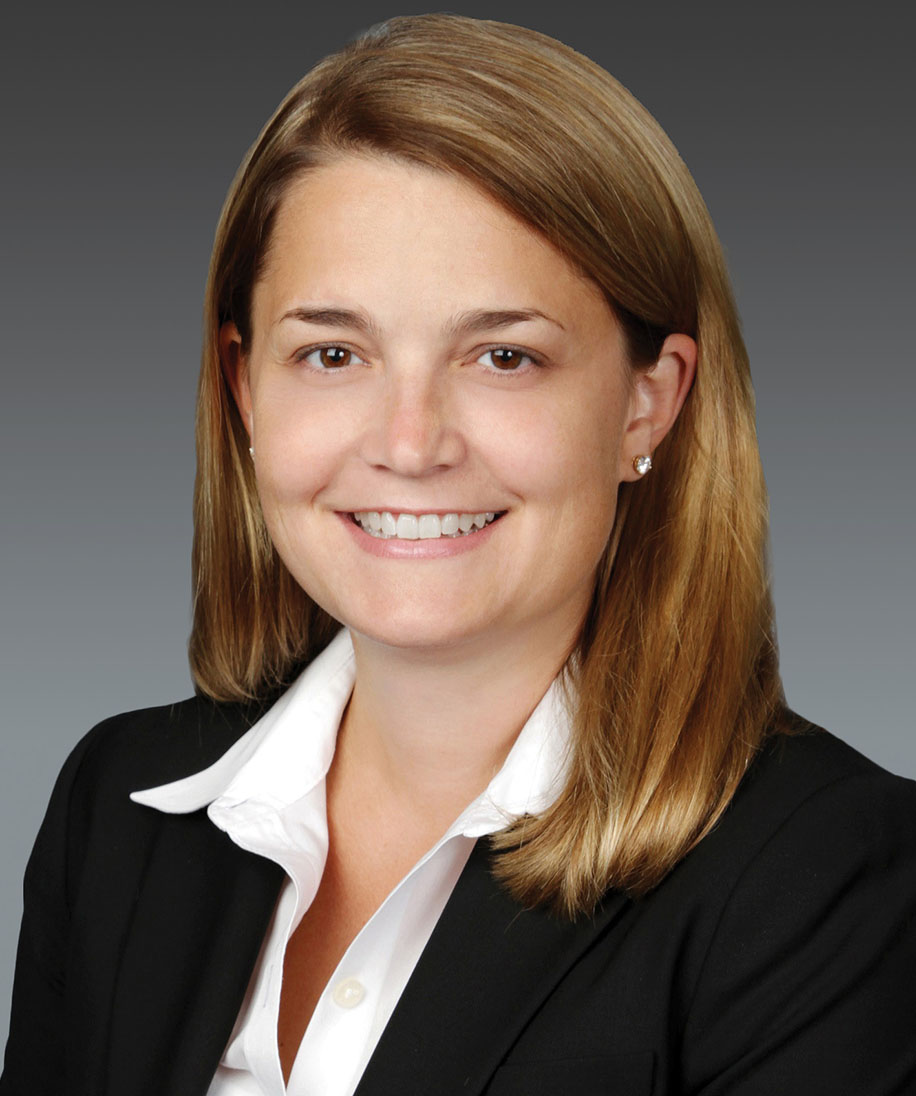Client Alert
Rizo v. Yovino: En Banc Ninth Circuit Holds That Salary History Is Not a Justification for Gender Wage Gap
April 12, 2018
By The Pay Equity Practice Group
This week, the Ninth Circuit Court of Appeals created new law by holding that an employer cannot use past salary, either alone or in combination with other factors, to justify pay gaps between men and women under the federal Equal Pay Act.[1] However, the Court noted that this new “general rule” may not apply “under all circumstances” (e.g., during salary negotiations), leaving the full impact of the decision open for debate. Nevertheless, this significant change should prompt employers to review their compensation policies and procedures for compliance.
The en banc decision reversed the Court’s earlier panel ruling that relied on the decades-old holding in Kouba v. Allstate Insurance Co., 691 F.2d 873 (9th Cir. 1982) that an employee’s prior salary can be considered “a factor other than sex” if the employer can show that considering prior pay “effectuate[s] some business policy” and it is done “reasonably in light of the employer’s stated purpose as well as its other practices.”
In concurring opinions, Judges Margaret McKeown and Consuelo Callahan wrote that the defendant’s policy, which based salary exclusively on an employee’s prior salary, violates the Equal Pay Act, but rejected the majority’s conclusion that employers may never use prior salary as a factor in setting wages. Judge McKeown, joined by Judge Mary Murguia, added that the majority’s holding may prove an “impediment for employees seeking a brighter future and a higher salary at a new job” by forbidding them from using their salary history to negotiate a better deal at a new job.[2] Judge Callahan, joined by Judge Richard Tallman, added that the majority opinion ignores the “realities of business” because “[p]rior salary serves . . . to allow employers to set a competitive salary that will entice potential employees to take the job.”[3]
Monday’s ruling places the Ninth Circuit directly at odds with the Seventh Circuit, which held that salary history is always a “factor other than sex.” The Second, Eighth, Tenth, and Eleventh Circuits have come down in between. The Ninth Circuit’s ruling is consistent with the public policy behind new laws passed in California, Delaware, Oregon, and Massachusetts aimed at shrinking the gender pay gap by forbidding employers from asking job applicants about their salary history. But the scope of the court’s ruling is unclear. As Judge McKeown noted in her concurring opinion, existing statutes generally permit candidates to voluntarily disclose salary history as part of a salary negotiation. So “the principle of the majority’s holding,” Judge McKeown warned employers, “may reach beyond these state statutes by making it a violation of federal antidiscrimination law to consider prior salary, even when an employee chooses to provide it as a bargaining chip for higher wages,” despite the majority’s affirmation that the ruling does not relate to negotiated salaries.
We plan to issue further guidance to our clients in the near future. In the interim, please feel free to contact a Paul Hastings lawyer for privileged advice.
[1] Rizo v. Yovino, No. 16-15372 (9th Cir. April 9, 2018), slip op. at 28-29.
[2] Slip op. at 35–36 (opinion of McKeown, J.).
[3] Slip op. at 38–39 (opinion of Callahan, J.). Judge Paul Watford also wrote a concurrence, but based his opinion on a different reading of the statute. Slip op. at 49 (opinion of Watford, J.). According to Judge Watford, if an employer seeks to justify a gender pay gap by relying on past pay, it bears the burden of “proving that [the] female employees’ past pay is not tainted by sex discrimination.” Id. at 51. Here, the County failed to carry the burden. Id. at 52.
Contributors





Practice Areas
For More Information




